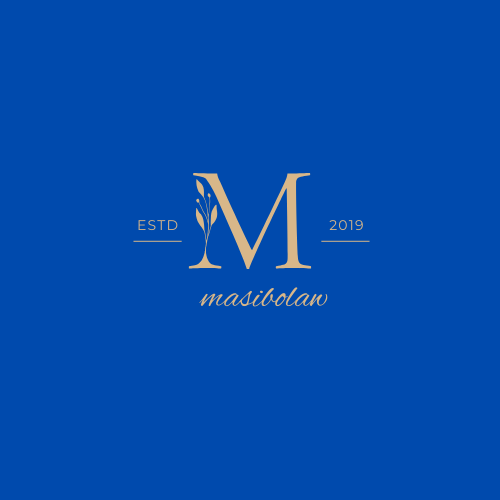By Meshack Masibo and Joy Kawira
As a founder, sometimes you have a product in development that you’d like to share with the public in a test phase. This is easy for certain industries but what happens if you are in a heavily regulated industry like communications, savings/investments or lending? In these industries, you need a license to operate or you run the risk of being penalized by government authorities. However, there is a way around this that works when you are still testing the market and you don’t have the final product that you want to offer the public. You can do this by joining a regulatory sandbox.
A regulatory sandbox is not just a regulatory environment, but a unique opportunity for you as a founder to test your innovative products, solutions, and services in a live setting. It’s a chance to deepen and develop your product and market before launching into the mass market. In Kenya, several agencies offer sandboxes to specific areas such as communications under the Communications Authority of Kenya, insurance under the Insurance Regulatory Authority for insurance products and the Capital Markets Authority (CMA) for savings and investments products. In this article, we will focus on the CMA.
In Kenya, the Capital Market Authority operates a regulatory sandbox which provides a safe and controlled environment for fintech innovations to conduct live tests of their innovative products under a limited scope, scale, and timeframe. It’s an evidence-based tool for fostering innovation while ensuring the Authority remains vigilant to investor protection, financial stability, and integrity risks.
The sandbox platform is governed by the Regulatory Sandbox Policy Guidance Note (PGN), 2019 which provides a framework for its establishment. It targets companies incorporated in Kenya or licensed by a securities market regulator in another country that intend to offer innovative savings, investment, crowdfunding or capital markets products or solutions.
Understanding the application process is crucial. Here’s a step-by-step guide:
- Create an outline of the business model for the product, solution or service which should include potential benefits and risks of the product as well as why you need to be in a Regulatory Sandbox.
- Assemble evidence that the product or service is sufficiently mature to be tested in a live environment or a sound rationale for admission where the product is not ready for testing.
- Assemble evidence that your company has adequate arrangements to support live testing, including measures to protect the interests of investors and other capital market participants if the test fails and proposed safeguards and risk mitigation strategies for avoiding potential harm to investors or the capital markets and their likely effectiveness.
- Create a projected plan and clear strategy for exiting the Regulatory Sandbox.
- Attach all the above with the following documents and submit your application; certified copies of all registration documents, certified list of directors and shareholders and CVs for all founders and key management personnel.
- Pay the relevant application fee of 10,000 KES
What happens next?
The CMA after receiving your application reviews it to ensure it meets the eligibility criteria and objectives of the regulatory sandbox and within 14 working days communicates on the next course of action. If the application is successful, the CMA will issue a letter of approval to participate in the regulatory sandbox after which you are considered an approved person in line with the capital markets laws and regulations.
Joining a regulatory sandbox is not just a process, but a strategic move for your fintech startup. It offers a multitude of benefits, including the opportunity to test your product in a live market segment without fear of regulatory punishment. It’s an ideal solution for fintechs that have a product in development and want to gauge market reception and regulatory compliance before committing to a full licensing process.
The writers are lawyers who specialize in offering legal services to people in technology, you can contact them through info@masibolaw.co.ke


Leave a comment